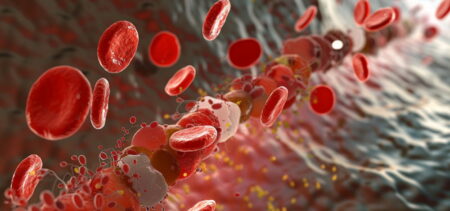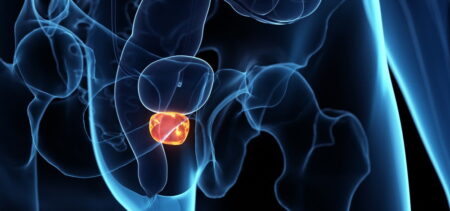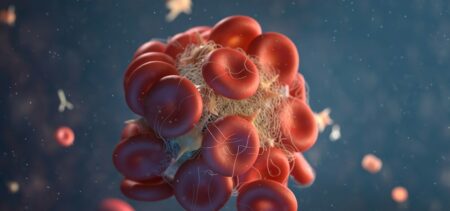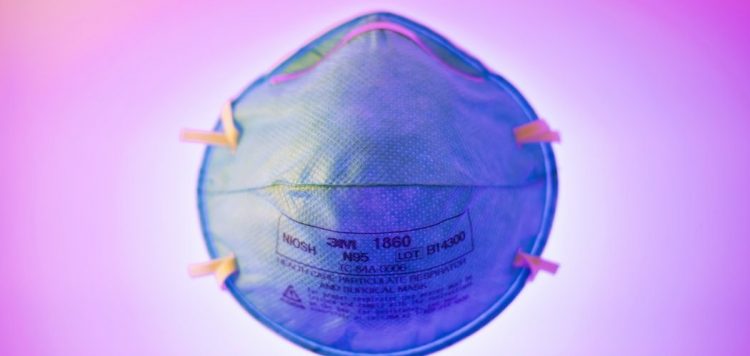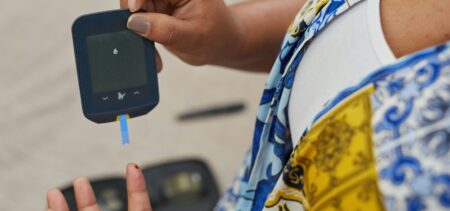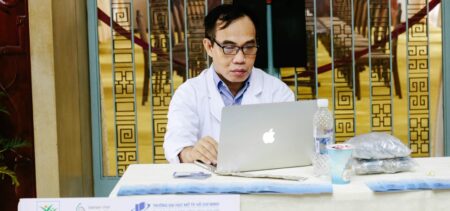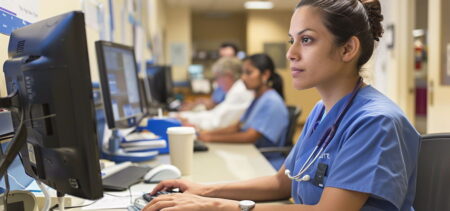According to the CDC, the SARS-CoV-2 infection rates have been leveling since May. Thanks to the drastic isolation measures, we now have no idea how this situation will evolve. The accumulated global restrictions that governments have imposed in the first quarter of 2020 may have suppressed the spread, but they’re strategically unsound. No amount of mask-wearing and social distancing will ever be able to eliminate the virus. Putting a brake on its natural course only accomplishes two things—killing small businesses and setting the world up for a possible massive infection spike due soon.
Hence there are still reasons to be wary of large crowds in small rooms, but we must also take into account that every person owns an “immune system.” The overall immune strength—or lack thereof—has been the defining factor in the survivability rate of patients diagnosed with COVID-19.
Far from being a relentless killer virus, SARS-CoV-2 is unable to compromise the systems of healthy individuals. Spending vast amounts of money for artificial methods of prevention is—not only counterproductive in the long term—but it perpetuates the false idea that a marginally stronger influenza virus can only be combated with isolation combined with copious amounts of disinfectant.
The truth is that humans, like every other social species, deal with a viral infection naturally, sharing it among themselves until “the herd” develops the means to fight it. Transmission is the easiest way to establish immunity past one generation.
In the meantime—personal responsibility should take over the burdens that state authorities have hastily appropriated.
Stress Management
A variety of factors influence immunity to disease, and surprisingly, the quarantine measures have had an overall detrimental effect. With people stuck in their homes and under a constant barrage of fear-inducing reports—reminiscent of war coverage—their stress levels have been raised considerably.
While acute stress can act as a quick immunity boost, chronic stress desensitizes cells to the effect of cortisol, which can significantly hinder the body’s ability to manage inflammation. This issue is especially relevant, as COVID-19 is often associated with Pneumonia. Sleep patterns are also affected negatively by variations in cortisol secretion, which creates a vicious cycle that further raises the risk of inflammatory disease.
Therefore, stress and anxiety-inducing activities should be minimized or removed if possible, while sleep hours should be prioritized and even indulged.
Breathing and Physical Activity
Staying indoors and, otherwise, covering the nose and mouth is the worst advice to follow when confronted with disease. Mild but prolonged oxygen deprivation can be extremely dangerous if blood oxygen concentration drops below 96%.
Even without wearing masks, the restrictions on mobility and the outdoors are much limiting daily air intake. Providing ventilation indoors and spending time outside should be a priority, at least while restrictions permit it.
Physical activity is also an essential factor in oxygen absorption. Years of research have revealed that short periods of moderate-intensity activity are a driving factor for immunity. A form of exercise should then be incorporated into daily activities.
Nutrition and Everything Else
One of the worst effects of the lock-down is the limited access to quality nutrition. As fresh produce became hard to come by, people have been stocking up on non-perishables like sugary treats, highly-processed meats, beans, toilet paper, rice, and canned foods, all of which provide satiation but come with their assorted health costs.
Prioritizing fresh foods that provide the maximum amount of essential macro and micronutrients should be a constant concern. While trying to optimize nutrient intake may prove stressful, an acceptable alternative would be to look for these properties when grocery shopping:
- Locally produced food
- Food that’s in season
- Food that didn’t require industrialization
A sign of proper nutrition is also the ease in which the measures mentioned above can be implemented. The sense of calm and well-being associated with consuming ancestral foods is conducive to healthy sleep patterns and an increased ability to manage daily stress.
While health can benefit significantly from supplementation, natural, unprocessed foods have large concentrations of bio-available nutrients, which remove the need for dietary supplements in most cases.
These considerations might not be news to anyone who is even mildly interested in health and nutrition. However, it is easy to forego good habits when our regular lives are being disrupted. Quarantine, enforced distancing, queuing, curfew, mask-related regulations, and constant reminders from the media are a compounded force against the personal sense of balance. Moving the people’s awareness towards solutions rather than tragedies should be a national strategy. But, alas, making it a personal responsibility solidifies self-respect and self-ownership, qualities that are in dire need today.


